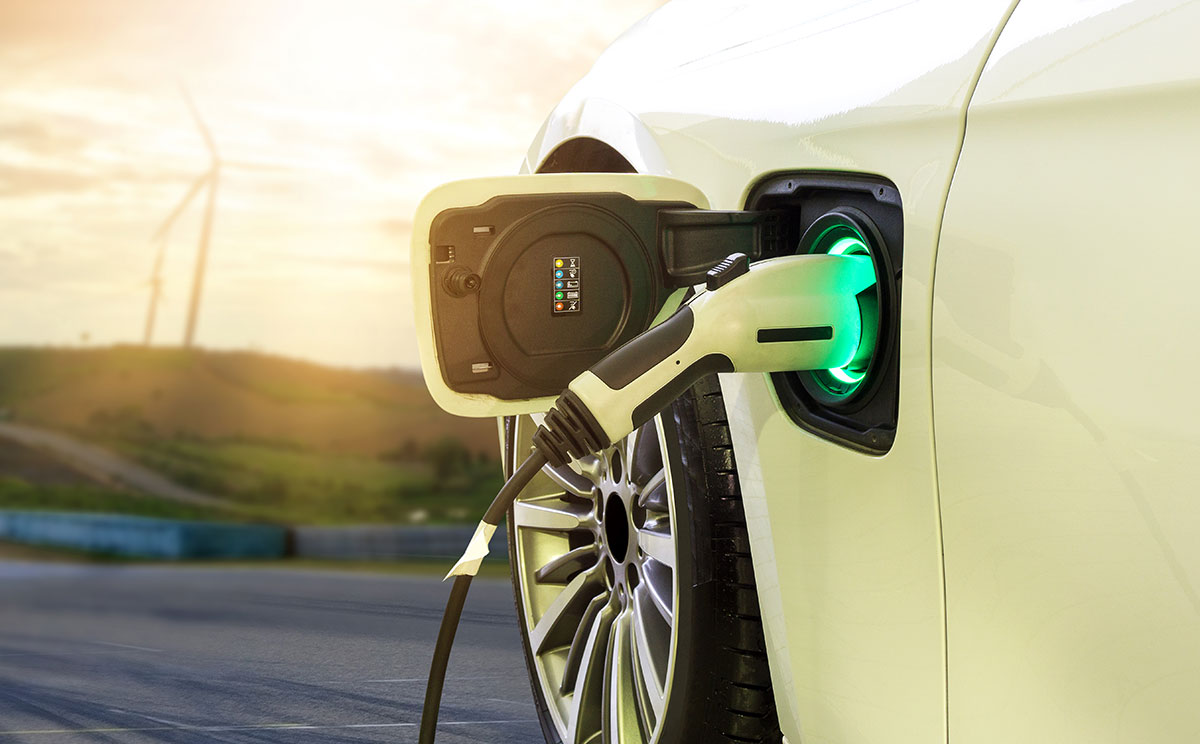The rollout of ‘green’ automotive technology will not happen overnight. The promotion of electric vehicles (EVs) depends on the industry embracing the art of the prediction through quality data and machine learning.
In June 2020, the Committee on Climate Change (CCC) called on the UK government to bring forward the ban on fossil fuel-powered vehicles from 2035 to 2032 and focus their attention on the rollout of EV technologies. Undoubtedly, this would reshape the future of mobility in the UK and lead to an overhaul of decision-making in the automotive and mobility sectors.
What is becoming increasingly evident is that the sector must harness enriched datasets to aid the transition to a ‘greening’ of the sector. Mobility data is harnessed from mobile network operators to form an understanding of population movement, routes taken and mode of transport. Combined with a variety of alternative datasets, either those in the public domain or through private partnerships, this can assist with predictive modelling of demand and supply for infrastructure.
Driving decision-making
Proactively deploying the necessary charging infrastructure will be critical to the success of the mass rollout of personal EVs and all-electric company fleets. Range anxiety is currently a serious barrier to building confidence among the public.
Predictive analytics is able to inform the decision-making processes of private and public bodies to ensure that infrastructure is installed where it will be most utilised. Mobility data can indicate key commuter routes in towns and cities and can help to pinpoint which areas are likely to experience a quicker EV uptake, with increasing requirements for enabling infrastructure. Data-driven decision-making could help do-away with range anxiety.
For example, by assessing movement data by means of transportation on the M1 between Leeds and London, key user routes can be identified to ensure that the required number of charge points are installed at service stations where they will receive most use—and provide the greatest return on investment (ROI).
Right first time
Whether the government phases out carbon-emitting vehicles in 2035 or 2032, what is clear is the need to predict and prepare for a significant number of variables that will impact the uptake of EVs.
As a nation, we do not have very long to get this right. We have just 12 years before the earliest target and with only 10 per cent of UK car registrations in 2020 being EVs, we still have a significant amount of work to do. To get this right first time, we need to embrace the art of the prediction through quality data and machine learning to support the rollout of ‘green’ technology in the UK.





